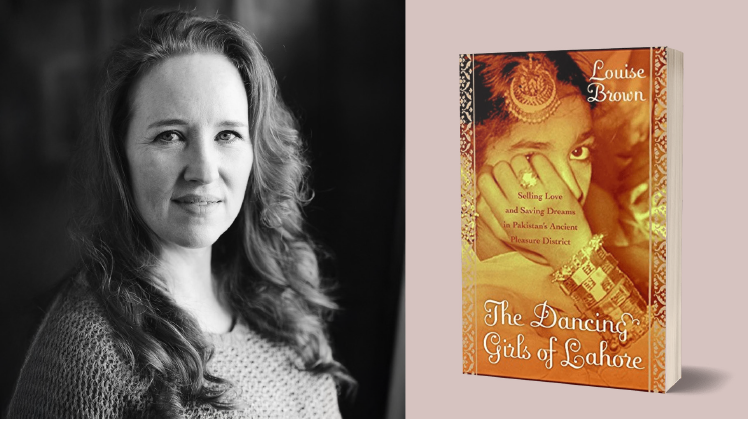In the heart of Lahore, behind the grand architecture and centuries-old streets, lies Heera Mandi – a district once known for its refined arts, now reduced to a place of survival for women born into a life they never chose. It is here that Maha’s story unfolds, a tale of love, betrayal, and the relentless struggle of a woman who longed for nothing more than a home and a love she could call her own.
Maha was born into the narrow alleys of Heera Mandi, where the walls whispered stories of women before her – women who danced, who entertained, and who were desired in the nighttime but forgotten in the daylight. Unlike many who resigned themselves to fate, Maha carried dreams in her heart. She did not want to merely exist within these walls; she wanted a life beyond them, a life where she was more than just a passing indulgence for men who came seeking pleasure.
From a young age, Maha became part of the world she was born into. When she was just twelve, the first man she ever met was Sheikh Zayed, who spent only an hour with her but left behind a sum of two lakh rupees. It was the beginning of a cycle that would define her youth – fleeting relationships with men who gave nothing that lasted: love and home for which Maha was craving.
By the time she was fifteen, Maha had become the mistress of a man named Sayeed. He was different, or so she believed. With him, she bore four children – two boys and two girls. But when Sayeed decided to leave, he took the boys with him and abandoned Maha with her two daughters. She was left with the emptiness, pain, and responsibility of two more innocent individuals like her, the same unanswered questions: Why were women like her never chosen for a lifetime and especially outside these walls? Why were they good enough to be loved in secrecy but never in the open?
Then came Adnan – a middle-class businessman from the so-called ‘respectable’ world. He was much older than Maha, yet to her, he represented everything she had ever dreamed of: stability, acceptance, and an escape from Heera Mandi. For the first time, she believed love could be real. Initially, he moved her into a house away from the pleasure district, gave her a new and ‘respectable’ life, and for a while, it seemed as if Maha’s prayers had been answered. Her dreams have materialised.
She bore two children with Adnan – a son, Mutazar, and daughter, Sophia. For five years, she lived outside the walls of Heera Mandi, believing she had finally left her past behind. But love in Maha’s world was always temporary. Over time, Adnan began to tire of her. The responsibilities of children, the weight of commitment he had promised once – became burdens he no longer wished to carry.
Everything changed. Adnan looked at Maha not as the woman he once claimed to love, but as a burden. He told her to leave, to return to Heera Mandi, the place she had fought so hard to escape. His reason? ‘You are fat. You are old. You are almost finished.’
Maha’s heart was shattered. She had given him years of her life, her love, and taken care of two children. But in the end, she was just another woman from Heera Mandi – a woman men desired for a time but never chose for a lifetime. Adnan went back to his legally wedded wife, Mumtaz, leaving Maha behind to pick up the broken pieces of her existence and Yes! Two more responsibilities left by Adnan to Maha: Mutazar and Sophia.
With a heavy heart and responsibility of her children in her arms, Maha walked back into the very streets she had once dreamed of leaving forever. She had returned to where she was born, to the place where society believed she had always belonged. But this time, she was not just a woman from Heera Mandi – she was a mother, a woman with a past full of love that had never been enough, and a heart that had been broken too many times to count.
Her story is not unique. It is the story of countless women in Heera Mandi, women who give everything to men who take and leave without looking back. It is the story of a world where a woman’s worth is measured by her youth and beauty, where love is a fleeting illusion, and where dreams are always out of reach.
Yet, despite everything, Maha continues to survive. She weeps for Adnan, for the love she lost, but she does not stop living. Because in the end, that is what women like Maha do – they endure, they carry their wounds, and they keep hoping, even in a world that has never been kind to them.
The writer is our Editorial Assistant and journalist based in Peshawar.



